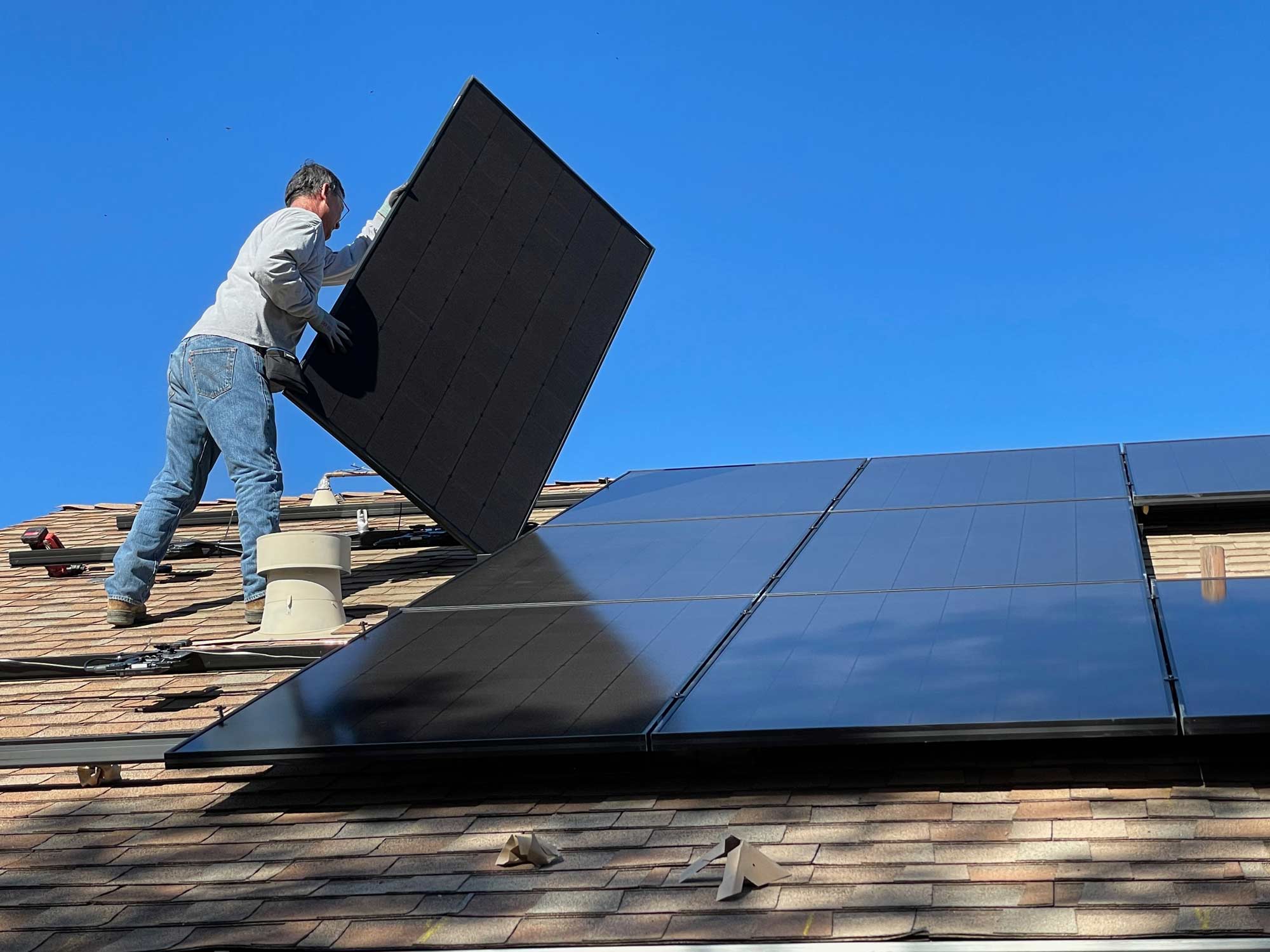Utah Real Estate: 5 Home Features Buyers Can't Resist
Explore 5 features that make custom homes in Utah highly desirable, from open layouts to energy-smart design. This article explains what buyers value most.

Like many other people around the world, you may be living in a rented home. Renter-occupied housing units make up 34.5% of the national stock, while homeownership rates stand at 65.5%. These renters may sometimes want to make changes to their rented homes to make them feel more like their own. But as a tenant, can you make improvements?
This article will explore whether landlords should let tenants make home improvements. The term "home improvements" refers to changes done to a home to better fit your requirements. Some examples include painting the walls, adding shelves, or even remodeling the bathroom. It will also discuss the good things and the not-so-good things about tenants making improvements.
When you paint, put up shelves, or make other changes in your home. You may feel more relaxed and connected to your house as a result.
It's like adding your own special touch. You're more inclined to take good care of your house if you feel content and happy in it. This means you might keep it clean and fix things when they break. This is beneficial to both the landlords and tenants, as it keeps the home in good shape.
Permitting tenants to make alterations may draw in more people searching for long-term residences in a space they can personalize, especially in competitive markets like Vancouver apartment rentals where tenant satisfaction plays a big role in reducing turnover.
Some improvements can make the home more valuable. For example, if you upgrade the kitchen or bathroom, it can make the home worth more. When a home is worth more, landlords can charge a higher rent. So, if you make improvements, the home becomes more valuable. It could mean the landlord might ask for more rent. This is also worth considering if you're embarking on any improvement.
Making home improvements means you are, in effect, taking good care of them. You might fix things that break or keep an eye out for any problems. This helps keep the house in good condition. When you take care of the home, it means less work and costs for the landlord. So, permitting home improvements is beneficial to both parties.
While there are good things about tenants making improvements, There are also some things landlords need to think about before giving the green light.
Tenants' work may not always be of the highest caliber. They may not do it well, and it can look bad or even cause damage.
Hence, it's vital to specify what tenants are permitted to improve and what they're not allowed to improve. They need to make sure that any changes are safe and won't harm the home. Homeowners should also monitor the work and ensure it's done properly.
Landlords have to think about the laws and rules related to tenant improvements. What are tenants allowed to do? What should they not handle? Who is responsible if anything goes wrong? For example, if a tenant gets hurt while making improvements, who takes care of the medical costs? These are important things that landlords need to figure out and protect themselves from.
Making improvements can cost money. Landlords have to think about whether allowing tenants to make changes is worth it. Some improvements may not make the home more valuable or bring in more rent. Landlords need to consider the costs and benefits before giving permission for improvements.
In some cases, the distinction between landlord and tenant may be a little harder to define. For example, tenants living in co-op housing arrangements are effectively tenants and landlords at the same time, with tenants living in individual units equally invested in the property as a whole.
In this situation, proposed home improvements may need to be discussed and agreed upon in a formal meeting. The tenant that wishes to make home improvements must make a case for their plans, with the wider community sharing their opinions based on the shared benefit to the co-op.
Another example is rent-to-own housing agreements, an arrangement in which the tenant has a legal right to purchase the property they’re renting after a set period of time. If improvements are made before the tenant buys the house, they may need to ask for the landlord’s permission. It’s usually worth discussing factors like this prior to signing a lease to avoid potential future conflict.
To make sure everything goes well, landlords and tenants need to talk and agree on some important things. The subject of tenant improvements must be addressed in the lease agreement. Here are some things they should consider:
Landlords can choose to allow tenants to make home improvements. This should come with certain conditions and guidelines.
To balance allowing renters the opportunity to modify their living areas while preserving the value and integrity of the property. Landlords should set explicit norms, standards, and agreements. This may result in more satisfaction, higher rental revenue, and longer-term property maintenance.
Here are some key points to consider when allowing tenants to make home improvements:
Note: The specific rules and regulations about tenant-made improvements can vary by jurisdiction. So it is vital for landlords to consult local laws and seek legal advice if necessary.
Allowing tenants to make home improvements can have many benefits for both tenants and landlords. It allows tenants to make the home feel more like their own. It attracts quality tenants and may increase rental income. It also promotes better long-term property upkeep.
But landlords need to consider potential problems like poor workmanship and legal concerns. By setting clear guidelines and agreements, landlords can strike a balance between letting tenants make improvements and protecting their property. Good communication and respect between landlords and tenants are important. This will bring about a positive and happy rental experience.
Related Articles:
Access all your saved properties, searches, notes and more.
Access all your saved properties, searches, notes and more.
Enter your email address and we will send you a link to change your password.


Your trusted MLS search companion